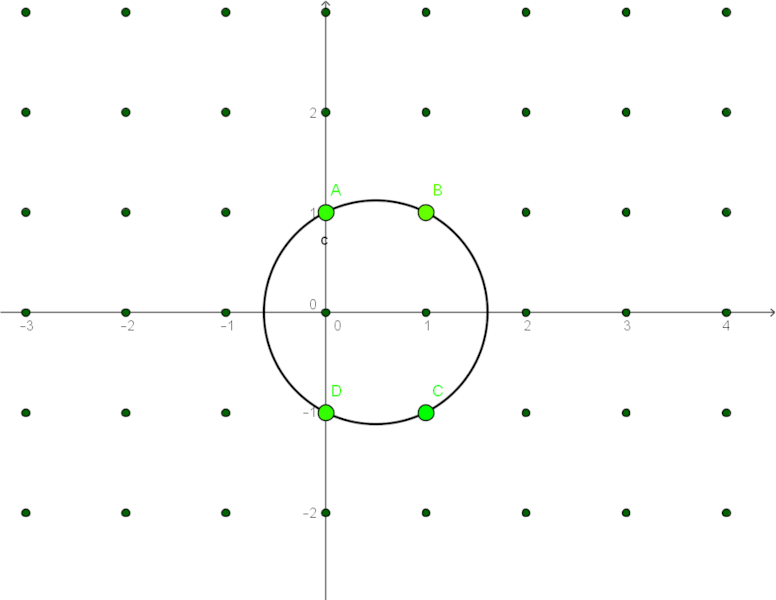Writing in the New Beacon in 1938, blind poet W.H. Mansmore describes a process he calls “mental alchemy,” “a transmutation of sensations from one order to another.” He takes up this visual description from Shelley’s Prometheus Unbound, in which the nymph Asia watches dawn break over the mountains:
The point of one white star is quivering still
Deep in the orange light of widening morn
Beyond the purple mountains; through a chasm
Of wind-divided mist the darker lake
Reflects it; now it wanes; it gleams again
As the waves fade, and as the burning threads
Of woven cloud unravel in pale air;
‘T is lost! and through yon peaks of cloudlike snow
The roseate sunlight quivers; …
“I give below an attempt to render the same passage in terms of touch:”
One cold metallic grain is quivering still
Deep in the flood of warm ethereal fluid
Beyond the velvet mountains: through a chasm
In banks of fleece the heavier lake is splashed
With fairy foam: it wanes: it grows again
As the waves thicken, and as the burning threads
Of woven wool unravel in the tepid air:
‘Tis lost! and through the unsubstantial snow
Of yonder peaks quivers the living form
And vigour of the Sun …
“Or it may be put into sound, thus:”
One star pierces with thin intensity
The large crescendo consonance of morn
Beyond the drumming mountains: on the lake
Through stolid silence ghostly-faint is thrown
An echo: now it wanes: it grows again
Its echo fades, and splits into a swarm
Of singing notes that scatter in the faint air:
Then through a sound of breathing winds afar
Begins the throbbing anthem of the Sun.
He adds, “I owe Shelley an apology for publishing the above travesties of his work, but with all their inadequacy they may serve to make clear our method of realising the unreal world of light in the real world of sound and touch.”


